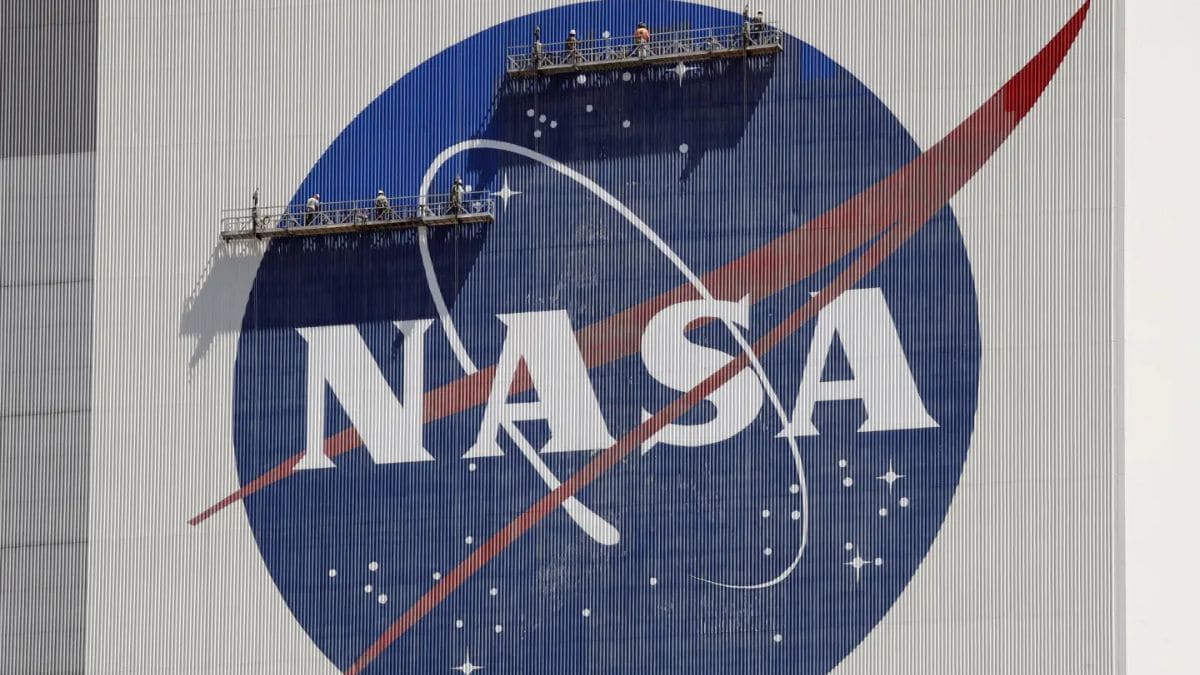As per a report in the Wired, while prior administrations have reoriented Nasa’s mission priorities, researchers have emphasised that the current push amounts to something altogether different — a deconstruction of the agency’s scientific capacity.
Casey Dreier of the Planetary Society has characterised the shift as akin to watching the “death of an ideal,” arguing that it represents not only a loss of technical ability but also a diminishment of the United States’ collective imagination.
Forty-one missions facing the axe
At the heart of the controversy is the potential cancellation of 41 Nasa missions, both planned and ongoing. According to Nasa's internal assessments, reports says, these include ventures ranging from probes to the outer solar system to climate-monitoring satellites.
The most striking possible casualty could be the Mars Sample Return programme, an ambitious effort to bring Martian soil and rock back to Earth for detailed analysis. That mission, decades in the making, has already produced sealed samples through the Perseverance rover, which are now at risk of being stranded indefinitely on the red planet, Wired said.
Beyond Mars, the cuts could end projects aimed at asteroid research, interplanetary probes and even long-term Earth monitoring.
Fallout within Nasa’s workforce
The budgetary retrenchment has not only jeopardised missions but also destabilised Nasa’s workforce. Reports have indicated that around 4,000 employees, including more than 2,000 senior leaders, are expected to depart through voluntary buyouts, attrition or early retirements. The resulting loss of expertise threatens to erode the institutional knowledge required to mount complex interplanetary expeditions.
Former Nasa engineer Steve Rader described an atmosphere of “sadness and paranoia” within the agency following the White House’s proposals. Wired said.
According to his account, meetings once populated by Nasa’s most dedicated leaders quickly turned into gatherings where half the participants announced they were leaving the agency. Rader emphasised that this exodus was not simply about politics but about the dismantling of an institution that many had devoted their lives to sustaining.
Nuclear battery programme on the chopping block
One of the most consequential reductions lies in the plan to abolish the radioisotope power systems (RPS) programme, which builds the nuclear batteries that power spacecraft in environments where solar energy is insufficient. These power systems have enabled missions such as the Voyager probes, still sending signals from interstellar space, as well as the Curiosity and Perseverance rovers on Mars, an article in
The RPS programme cost Nasa approximately $175 million in 2024, largely due to the difficulties of producing plutonium-238 fuel. The Trump administration’s fiscal year 2026 budget proposal suggested winding down funding by 2028, leaving no capacity to support future outer solar system missions after the Dragonfly drone’s planned deployment to Titan.
Scientists have warned that dismantling the production pipeline would be nearly irreversible, requiring decades and billions of dollars to rebuild.
Uranus mission in jeopardy
The looming cancellation of RPS has placed the highest-priority planetary science mission of the coming decade at risk. In 2022, the US space science community ranked a mission to Uranus as its top goal, citing the potential for transformative discoveries about ice giant planets and their moons.
Since Uranus orbits more than two billion kilometres from Earth, any probe sent there would depend on nuclear power for survival. Without RPS, experts have argued, the mission is impossible.
Although the White House has not formally announced the termination of the Uranus project, researchers maintain that eliminating the RPS programme effectively amounts to the same outcome.
Amanda Hendrix of the Planetary Science Institute has argued that the budget cuts demonstrate a lack of coordination between policymakers and scientists, pointing out to Scientific American said that the administration simultaneously identified planetary science as a priority while undermining the very infrastructure required to pursue it.
A blow to long-term exploration
The importance of RPS extends beyond Uranus. Cornell University scientist Alex Hayes has stressed that some of the most tantalising environments for potential life, such as the subsurface oceans of Saturn’s moon Enceladus, cannot be studied without nuclear-powered spacecraft.
Hayes warned that dismantling RPS would “hamstring” Nasa’s ability to explore beyond Saturn, cutting off access to the outer solar system’s scientific frontiers.
Researchers have also noted that abandoning RPS undermines even near-term ambitions, including sustained lunar bases and Mars expeditions. Dust storms on Mars and weeks-long nights on the moon render solar energy unreliable, making nuclear power a crucial fallback.
Critics argue that promoting large-scale nuclear reactors for lunar use, as the administration has done, while eliminating smaller, proven systems such as RPS, reflects a misunderstanding of technological development,
Global competitors move ahead
The retreat from RPS comes as other nations pursue their own nuclear space power systems. Russia has maintained its capabilities for decades, while China, India and Europe are all developing alternatives.
Europe’s research into americium-241, though less efficient than plutonium-238, reflects its recognition of nuclear power as a strategic necessity. US scientists have warned that relinquishing this domain would cede leadership in deep-space exploration to international rivals.
Public dissent and political uncertainty
Resistance to the cuts has emerged within and beyond Nasa. More than 300 agency staffers signed a public dissent letter known as “The Voyager Declaration,” denouncing the administration’s actions as “rapid and wasteful” changes that undermined the agency’s mission.
Advocacy groups such as the Planetary Society have mobilised to urge Congress to restore funding, particularly for RPS.
Erosion of a symbol
Beyond the technical and political battles lies a symbolic dimension. Nasa has long embodied the American spirit of exploration and innovation standing as one of the most admired federal institutions across party lines.
Polling in 2024 indicated that 67 per cent of Americans held a favourable view of Nasa, a level of bipartisan approval rivalled only by the National Parks Service and the Postal Service.
For many, therefore, the dismantling of Nasa’s scientific programmes signals something larger than fiscal restraint. As the debate unfolds, scientists warn that the damage being inflicted may prove permanent. The trajectory of Nasa under current budget proposals appears uncertain.













